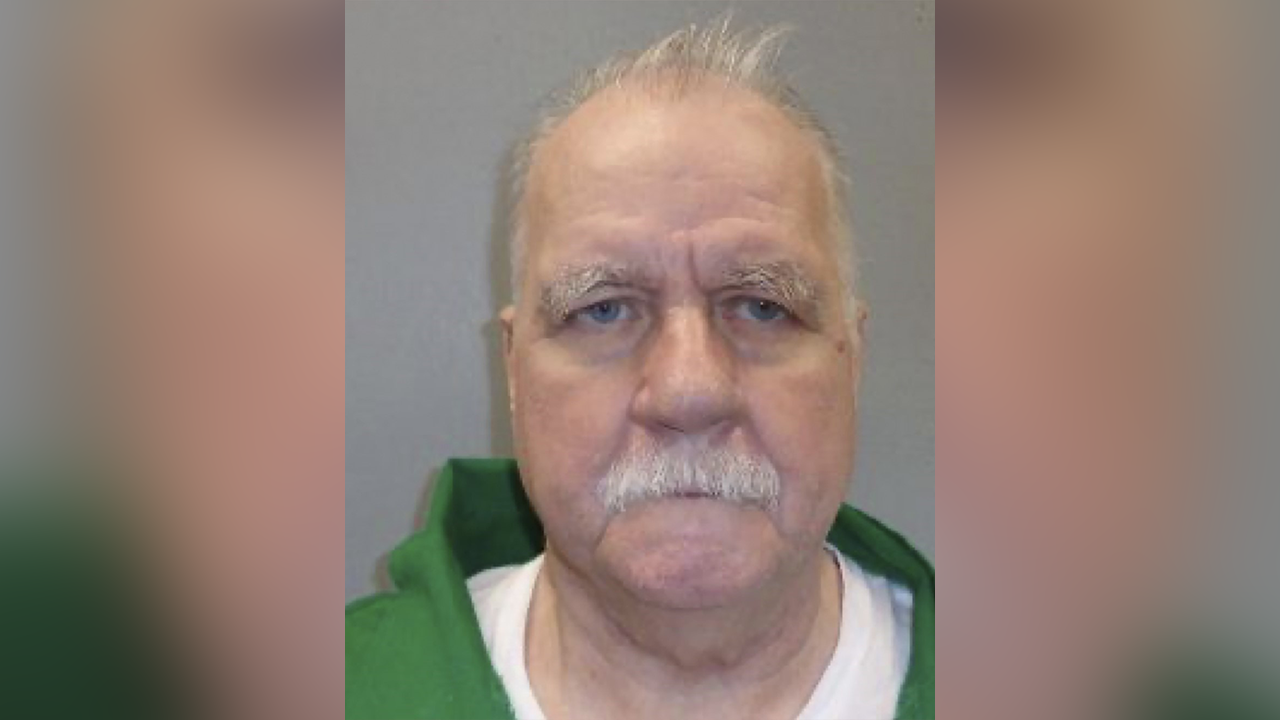United States
South Carolina death row inmate chooses firing squad as execution method

A 67-year-old death row inmate in South Carolina, Brad Sigmon, has made the unusual decision to be executed by firing squad, a method so rare in the U.S. that only three inmates have been executed this way since 1976. Sigmon, who is scheduled to die on March 7, chose this method over lethal injection or the electric chair, citing concerns about the prolonged suffering observed in recent executions by lethal injection. His decision makes him the first inmate in South Carolina to opt for a firing squad, a choice that reflects the grim reality of the state’s execution methods and the broader debate over capital punishment.
Sigmon’s case has drawn attention not only because of his choice of execution method but also due to the legal battles surrounding his case. His lawyers recently asked to delay the execution to investigate whether the state’s last executed inmate, Marion Bowman, was given two doses of the sedative pentobarbital during his lethal injection on January 31. They requested Bowman’s autopsy report and additional information about the lethal injection process, but the state Supreme Court denied their request. This adds another layer of complexity to Sigmon’s case, as his legal team continues to argue that his trial lawyers were ineffective and failed to properly present evidence of his mental illness and troubled upbringing.
Brad Sigmon was convicted in 2001 for the brutal murders of his ex-girlfriend’s parents, whom he beat to death with a baseball bat in their Greenville County home. After the killings, Sigmon kidnapped his ex-girlfriend at gunpoint, but she managed to escape and flee. Sigmon’s actions were driven by a disturbing mindset, as he later confessed, “I couldn’t have her, I wasn’t going to let anybody else have her.” His lawyers are now making a last-ditch effort to save his life, appealing to the state Supreme Court to halt the execution and allow a hearing on their claims of inadequate representation during his trial. Additionally, Sigmon’s attorneys may also appeal to Governor Henry McMaster for clemency, though no South Carolina governor has granted clemency in the nearly 50 years since the death penalty was reinstated.
The debate over execution methods in South Carolina has been a contentious issue, particularly as the state has struggled to obtain lethal injection drugs due to pharmaceutical companies’ reluctance to supply them. In response, the state legislature passed a law allowing officials to keep the identities of drug suppliers private, but the firing squad remained an option. Sigmon’s lawyers argue that he chose the firing squad because of the horrific experiences of the three inmates executed by lethal injection since September 2023. Witnesses reported that these inmates appeared to stop breathing and moving within minutes but were not declared dead for at least 20 minutes. One inmate, Richard Moore, required a second dose of pentobarbital, and his autopsy showed fluid in his lungs, leading experts to suggest he may have experienced a torturous sensation of drowning.
Sigmon’s attorney, Gerald “Bo” King, described the choice between lethal injection and the firing squad as “impossible,” calling both methods “monstrous.” He painted a vivid picture of the electric chair as well, stating that it would “burn and cook him alive,” a description that highlights the brutality of the options available to death row inmates. While the firing squad is undeniably violent, King argued that it was the lesser of evils compared to the prolonged suffering associated with lethal injection. Sigmon’s decision reflects the grim reality of a system that forces condemned inmates to choose between execution methods that are all deeply inhumane.
The broader context of Sigmon’s case underscores the ongoing debate over capital punishment in the U.S. South Carolina has carried out 46 executions since 1976, with only nine states executing more inmates. The state resumed executions in September 2023 after a 13-year pause, and the recent executions have raised questions about the humanity and transparency of the process. While some argue that capital punishment serves as a deterrent to crime, others point to the inherent cruelty and lack of accountability in how executions are carried out. Brad Sigmon’s case serves as a stark reminder of the moral and legal complexities surrounding the death penalty, as well as the profound human cost of a system that continues to grapple with its own ethics and practices.


















